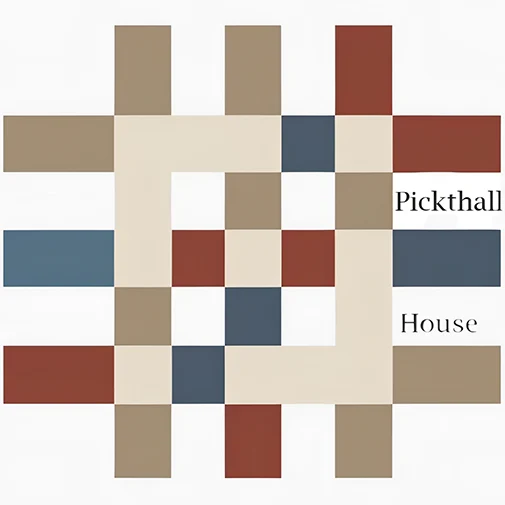About Us
About Us
Pickthall House is a London-based realist think tank concerned with multipolarity and multiculturalism, with particular focus on the Muslim world.
On foreign affairs, Pickthall House believes that engagement with the Muslim world is a key strategic objective for Britain and the West more generally. After all, it is the intermediate region in which both poles of global power will vie for influence and control. Pickthall House believes that Britain has a historical diplomatic advantage here that has been recently eroding and requires only small, but sensible, policy adjustments to cultivate and restore.
Domestically, Pickthall House aims to promote harmonious relations between the various religious and ethnic groups in the West but further believe that we have a specific understanding of both the culture grievances of the Muslim population, some of which are justified and need to be attended to, and others which are not, and need to be countered cogently and effectively.
Principles
Freedom
Pickthall House believes in upholding and extending Britain’s proud tradition of safeguarding the freedom of the individuals and communities that comprise our society. Among the most important aspects of this principle are:
- Freedom of expression
The “marketplace of ideas”, for all its imperfections, remains the best mechanism for the collective pursuit of truth. This requires a framework of norms promoting civil but robust argument, even about the most controversial subjects. Both law and society should uphold this ideal and promote a culture of epistemic humility. - Freedom of (non)-religion
Citizens of all faiths and none have a vitally important interest in the freedom to reflect on, form, and act out in their lives their convictions about life’s great questions. In a free society, pluralism, not consensus, is the natural result of this liberty. Pickthall supports the equal civic status of all religious communities, and their freedom from repression and surveillance, while respecting the symbolic role of Christian traditions in the state. - Neutrality
The substance of the law should not be based on any one religion, nor on atheist or irreligious philosophies, but on values common to all communities. This is what the philosopher John Rawls called the ideal of public reason, and it is the best principle for managing a plural and diverse society.
Pragmatism
Pickthall House believes in a practical, goal-oriented, and evidence-based approach to policy-making that is guided by clear values but pursues them flexibly and undogmatically.
- Flexibility
In a rapidly changing world order, with evolving technology, markets, geopolitical interests and demographics, it remains important for Britain to remain in contact with reality and adapt its strategies and tactics to this ever-changing environment. - Evidence
Knowledge is power. It is important Britain never confuses the map with the territory. As such, we believe that we must make good decisions given the information we have, but importantly, update our decisions when new information comes to light. - Realism
A successful geopolitical strategy hinges upon acknowledgement not just of Britain’s historic strengths, but a realistic assessment of its existing economic, military and diplomatic resources. Furthermore, while we take into consideration shared values and culture, we consider the primary determinant of strategically relevant partners to be those with whom a partnership would facilitate advancement of Britain’s pragmatic aims. - Results
Ultimately speaking, Pickthall House is interested in practical results rather than getting mired in ideology for its own sake. Pure theory is the province of the enervated and irrelevant.
